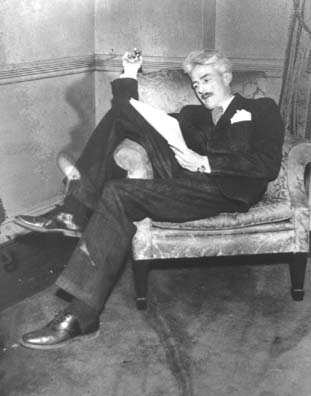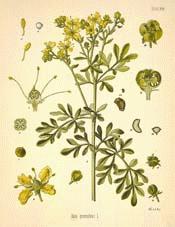
The dying Kafka, under doctor’s orders not to talk, wrote notes on little slips of paper:
Somewhere in today’s newspaper there is an excellent little article on the treatment of cut flowers, they are so terribly thirsty, another such newspaper . . .Eleven years earlier in a letter to Felice, Kafka’d admitted that he’d “never had any real feeling for flowers”:
Above all, I would like to tend the peonies because they are so fragile.
And place lilac in the sun.
Have you a moment to spare? If so, would you please lightly spray the peonies?
Ever since childhood there have been times when I was almost unhappy about my inability to appreciate flowers.~
That terrible lack of purity that dogs Kafka: “almost unhappy.”
~
To work.





